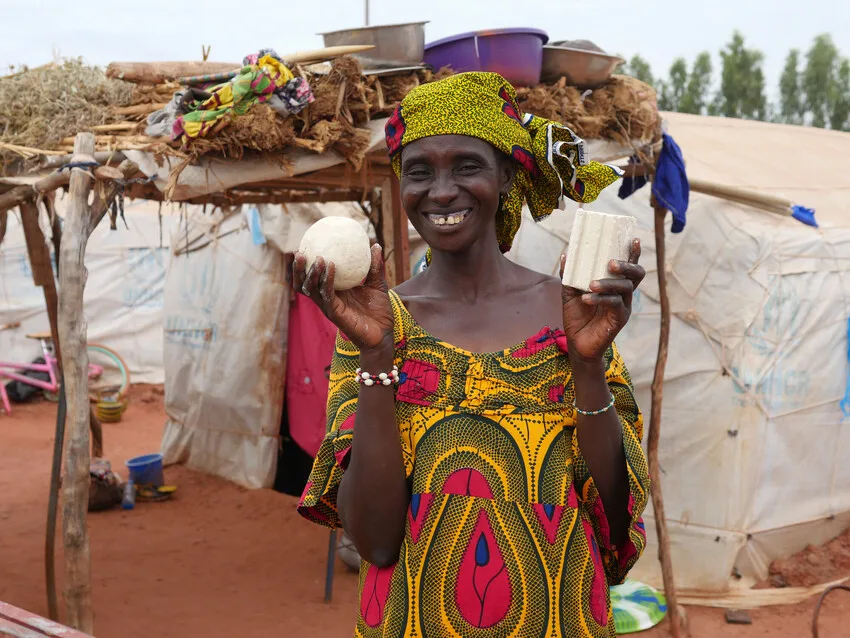premiumtix.net – The Central Sahel region, comprising countries such as Mali, Niger, Burkina Faso, and parts of northern Nigeria, has been grappling with a complex crisis characterized by terrorism, armed conflicts, and humanitarian challenges. As a neighboring country, Benin has not been immune to the spillover effects of this crisis, which include security threats, displacement of populations, and economic disruptions. This article examines Benin’s response to the Central Sahel crisis, highlighting the multifaceted strategies employed by the government and its partners to address the challenges posed by this regional conflict.
The Central Sahel Crisis: An Overview
The Central Sahel crisis is rooted in a combination of factors, including political instability, ethnic tensions, competition over resources, and the presence of terrorist groups such as Boko Haram and affiliates of Al-Qaeda and ISIS. These challenges have led to a significant humanitarian crisis, with thousands of people displaced and a high number of casualties.
Security Threats
Benin’s northern regions, particularly the departments of Alibori and Donga, have been directly affected by the security threats emanating from the Central Sahel. Cross-border attacks and kidnappings have increased, posing a significant challenge to the country’s security forces.
Humanitarian Impact
The crisis has also resulted in a humanitarian impact on Benin, with an influx of refugees and internally displaced persons (IDPs) seeking safety within its borders. This has placed a strain on local resources and infrastructure, requiring a coordinated response from both the government and international organizations.
Benin’s Multifaceted Response
Benin’s response to the Central Sahel crisis is multifaceted, encompassing security, humanitarian, and diplomatic efforts to address the immediate challenges while working towards long-term stability in the region.
Security Measures
To counter the security threats, Benin has strengthened its military and police forces, with increased patrols and surveillance along its northern borders. The government has also collaborated with regional partners, participating in multinational efforts such as the G5 Sahel Joint Force, aimed at combating terrorism and restoring security in the region.
Humanitarian Assistance
In response to the humanitarian crisis, Benin has established refugee camps and provided essential services such as food, shelter, and medical care to displaced populations. The government has worked closely with international organizations, including the United Nations High Commissioner for Refugees (UNHCR) and non-governmental organizations (NGOs), to ensure an effective response to the needs of the affected populations.
Diplomatic and Regional Cooperation
Diplomatically, Benin has been actively engaged in regional and international forums, advocating for a comprehensive approach to address the root causes of the crisis. The country has supported initiatives aimed at political dialogue, conflict resolution, and development projects to foster stability and economic opportunities in the Central Sahel region.
Challenges and Future Prospects
Despite Benin’s efforts, the response to the Central Sahel crisis faces several challenges, including limited resources, the complexity of the conflict, and the need for sustained international support. However, the government’s commitment to addressing both the immediate humanitarian needs and the long-term security and development of the region offers hope for a more stable future.
Conclusion
Benin’s response to the Central Sahel crisis is a testament to the country’s resilience and commitment to regional stability. By adopting a comprehensive approach that combines security, humanitarian, and diplomatic efforts, Benin is playing a crucial role in addressing the challenges posed by the crisis. As the situation in the Central Sahel remains fluid, continued cooperation and support from the international community will be essential to achieve lasting peace and development in the region.
